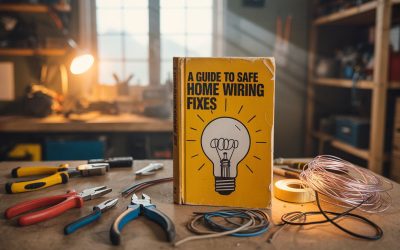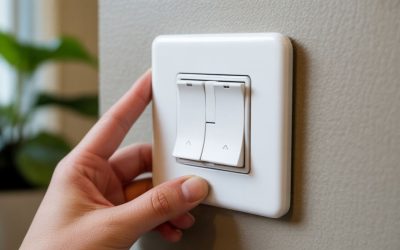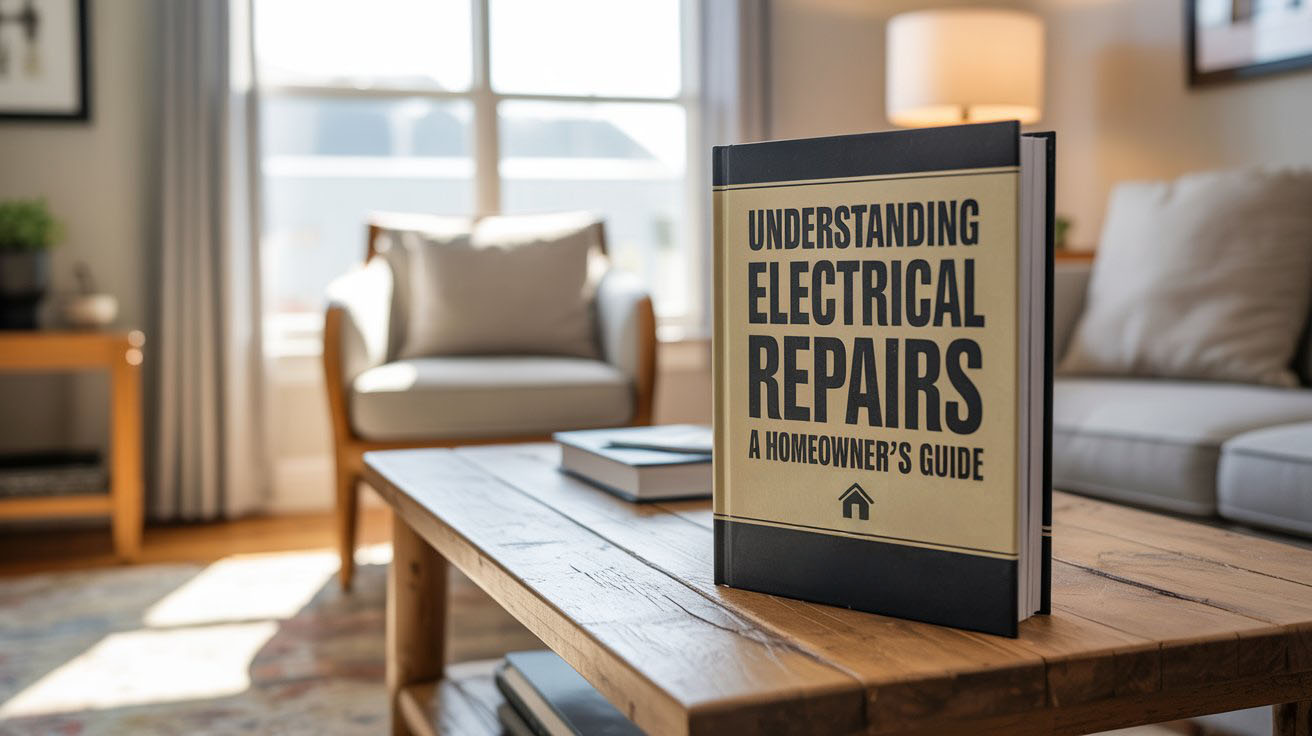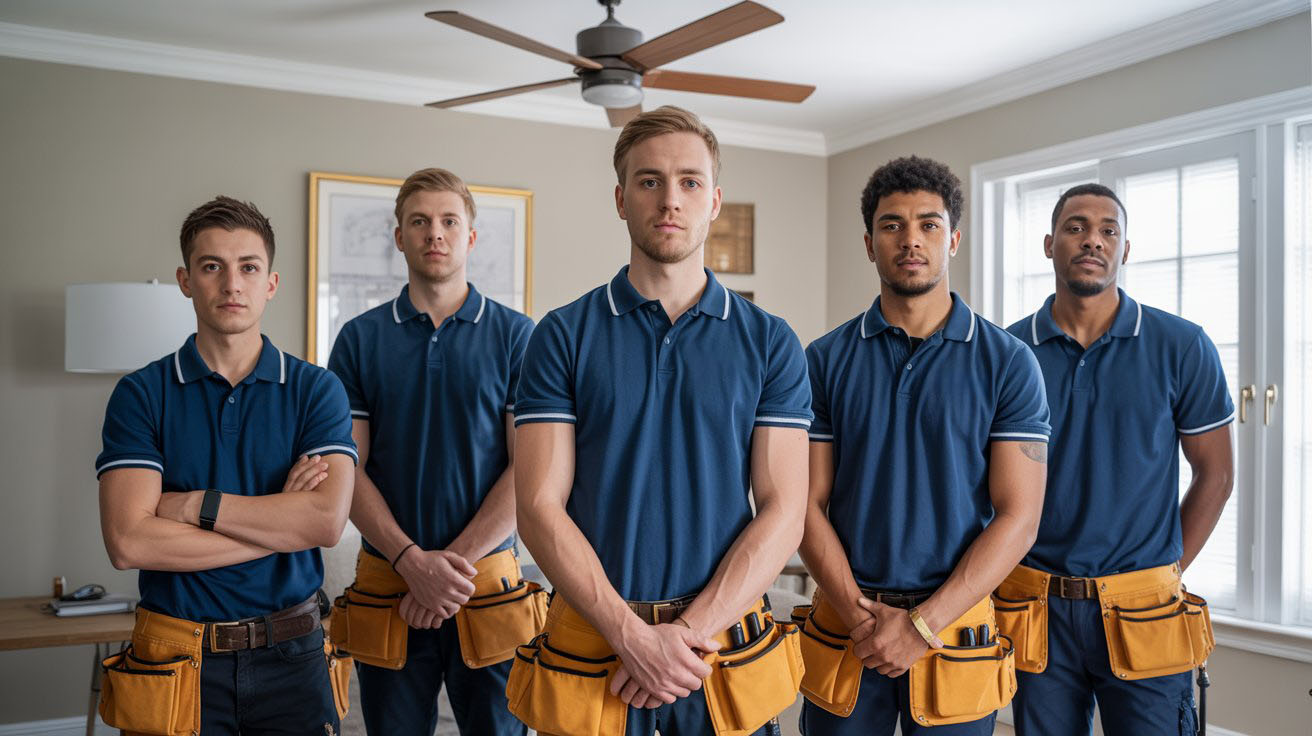When it comes to our homes and businesses, safety is always a priority. A licensed electrical safety inspector plays a crucial role to ensure that electrical systems are installed correctly and comply with all local and national codes. These professionals help keep you safe and provide peace of mind when it comes to your electrical services.
Table of Contents
- What Does an Inspector Do?
- Importance of Inspections
- Qualifications and Skills
- Key Responsibilities
- Key Takeaways
- FAQs
What Does an Inspector Do?
A licensed electrical safety inspector evaluates electrical systems and installations for safety and compliance. They check wiring, outlets, circuit breakers, and other components to ensure all meet legal requirements and safety standards. Their role is not only crucial for new installations but also for existing systems that may need updates or repairs.
These inspectors often prepare detailed reports, identifying any areas of concern and suggesting solutions. Their recommendations help homeowners and business owners make informed decisions about repairs or upgrades.
Importance of Inspections
Electrical safety inspections are necessary for several reasons. First, they help prevent electrical fires, which can cause severe damage and loss. Second, they ensure that your electrical system operates efficiently, potentially lowering energy bills. Third, regular inspections are often required before selling a home or property to protect buyers.
Additionally, inspections provide a chance to identify outdated or faulty wiring. By catching issues early, you can avoid more significant problems in the future, which can save both time and money.
Qualifications and Skills
To become a licensed electrical safety inspector, one must undergo extensive training and education. This typically involves completing an electrical apprenticeship and obtaining a state license. Inspectors must have a solid understanding of electrical codes and safety practices.
Key skills for an electrical safety inspector include:
- Attention to detail
- Strong problem-solving abilities
- Excellent communication skills
- Current knowledge of local and national electrical codes
Key Responsibilities
The primary responsibilities of a licensed electrical safety inspector include the following:
- Conducting safety inspections on electrical installations
- Preparing detailed reports of findings
- Advising on necessary repairs or upgrades
- Ensuring compliance with local and national codes
- Staying updated on changes in electrical safety standards
By fulfilling these responsibilities, inspectors help maintain safe environments for occupants and prevent hazardous conditions from arising.
Key Takeaways
- A licensed electrical safety inspector ensures safety and compliance in electrical systems.
- Regular inspections can prevent electrical hazards and save money.
- Inspectors must have proper training, skills, and a strong understanding of electrical codes.
- They play a vital role in advising on necessary improvements and upgrades.
FAQs
What is the difference between an electrician and an electrical inspector?
While electricians perform installations and repairs, electrical inspectors focus on evaluating those systems to ensure safety and compliance with codes.
How often should I have my electrical systems inspected?
It is generally recommended to have your electrical systems inspected every 3 to 5 years or before purchasing a home.
What should I do if my inspection report finds issues?
Address any concerns noted in the inspection report immediately. Consulting a licensed electrician for repairs or upgrades is essential.
Can I perform my own electrical inspections?
No, only licensed electrical inspectors are qualified to perform formal inspections due to the complexities and risks involved.
Are electrical inspections required by law?
Many jurisdictions require inspections for specific types of electrical work, especially for new installations or significant changes.
Schedule Your Electrical Service Today
Ensuring your electrical systems are safe is essential for your home or business. Don’t wait for a problem to arise; take action now to ensure everything is in order. If you need help or want to schedule an inspection, contact us today!








